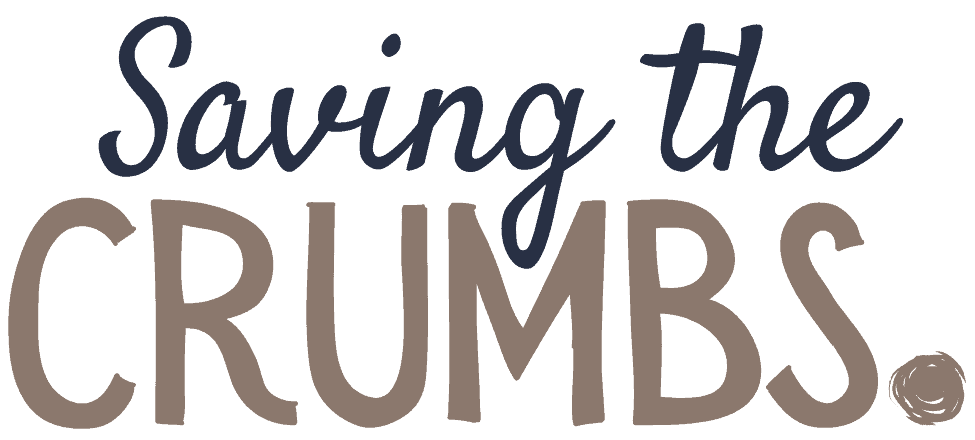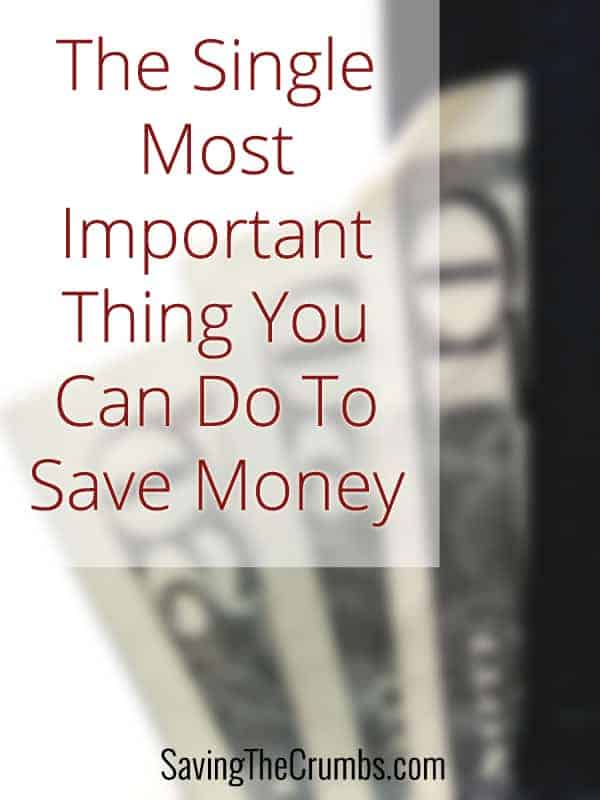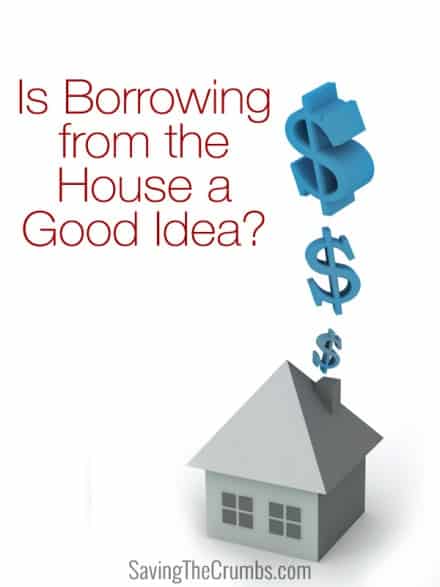We buy things we don’t need with money we don’t have to impress people we don’t like.
~ Dave Ramsey, The Total Money Makeover
The single most important thing you can do to save money is to buy things based on need not based on want.* Are you like me whenever you move or do spring-cleaning, that you get amazed at how much stuff you own—much of it stuff that you don’t even remember you had? Just think, all that excess stuff is money that could have been in your pocket! Sure, a yard sale can recoup some of the expense, but let’s be honest, most of that stuff will either be given away or thrown out. What a waste! The better thing to do is to not buy what we don’t need in the first place—saves money, saves space, and saves work when it’s time to move! (Oh the irony of spending money for a storage facility to store stuff that we didn’t need to spend money on in the first place!)
Needs vs. Wants
So how do we define a need from a want? Figuring that out is half the battle. Every year or so, a conversation like this happens in our home.
“I need a new phone!” I declare after reading about the latest and greatest smartphone.
“Do you really need one?” would be the predictable reply from the wife.
I would then valiantly try to cobble together the best reasons I can think of for why I “needed” a new phone. The list would usually go something like this,
“Our contract is nearly up.”
“The phone is starting to feel a little slow.”
“I have a scratch/dent on it.”
“The battery life isn’t what it used to be.”
“The new one’s got such cool features that mine doesn’t have.”
“Blah…blah…blah…”
So since a smartphone (or any phone for that matter!) doesn’t register as very important in Maslow’s Heirarchy of Needs, what kind of guide do we have to help us with determining a need from a want? No one is going to die if I don’t get a new smartphone, right? Here are three simple questions that we use in our home to help us out in making this assessment.
3 Simple Questions
- What would happen if I don’t buy this? – Cutting through whatever emotions may cloud our thinking, carefully think what would happen if you don’t have whatever it is under consideration. It’s usually helpful to give yourself some time to mull this through. Sleeping on it before revisiting it can help give a better perspective. Be honest with yourself! Most of the time the answer to this question is, “absolutely nothing!” Back to the phone example, the last time I got a new phone the battery no longer held a charge for more than a few hours on standby. It had come to a point where it seemed my every waking thought was consumed with keeping the phone alive. My phone was over 3 years old and had endured heavy use and abuse at that point. Some would accuse me of being too wimpy and upgrading too soon, and I’m sure there are many people more manly than me in this respect. Nevertheless, the point here is simply to determine whether there would be a real improvement to your life with this purchase.
- Is there a persistent problem that would be solved with this purchase? – The keyword in this question is “persistent.” Seeing something on sale for the first time and thinking, “I just HAVE to buy that!” doesn’t qualify! The feelings of lust toward the latest gizmo from your favorite brand is certainly a problem, but not one that warrants your buying it! If you’ve got a persistent problem that needs a solution, that generally indicates a real need. Your clothes worn so thin that you can see through it? Yup. Your glasses held together by strategically placed strips of duct tape? Yes! Do you think I felt a persistent need when I had to hunt for an outlet for my phone every couple of hours? You bet!
- Do I already have something else that will serve the same purpose? – Sometimes we already have a solution to a problem that doesn’t require buying something new. For example, I have not been able to justify buying a tablet computer for this reason. I already have a laptop computer and I have a smartphone, so while a tablet could be handy for certain things, its function can pretty much be replaced with my existing devices. I just don’t need another gadget.
What We Didn’t Ask
These three simple questions will generally get you pretty close to answering, “Do I need it?” Notice that never did we ask, “Do I like it?” neither did we ask, “Can I afford it?” nor did we ask, “Is it a good deal?” These are the wrong questions to start with! (We’ll get to those later.) If we make purchases based on these alone, we’ll soon be looking into self-storage units wondering how we ended up accumulating so much stuff! Worse is if we end up wondering where all our money went with nothing but a pile of credit card debt to show for it. The first and most important step to becoming an efficient Crumb Saver is to learn to buy less to begin with and that starts with buying based on needs and not wants.
How do you practice the art of balancing between needs and wants? Let us know in the comments below!
*Of course, it’s not always wrong to buy something that you want even if you don’t absolutely need it. But let’s be honest, most of us probably buy too many things that we don’t need as it is. Besides, this blog is about saving money not looking for excuses to stay broke. We’re aspiring Crumb Savers, right?






